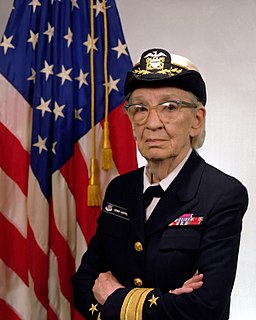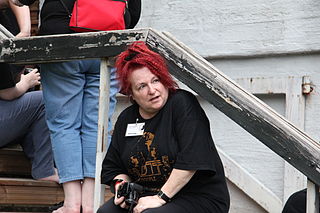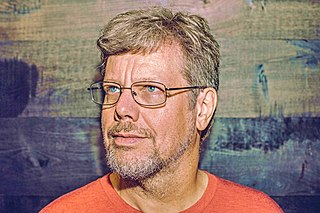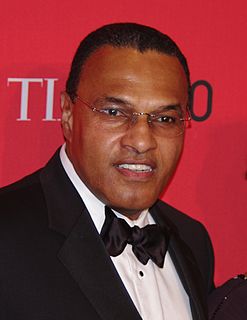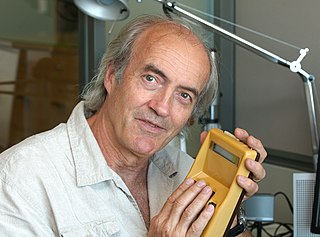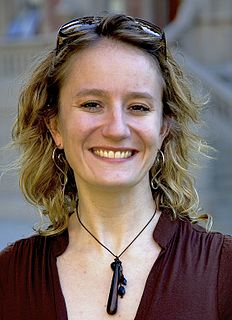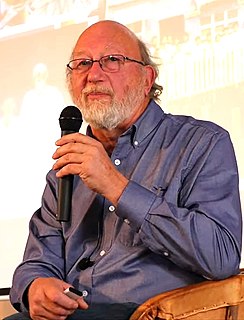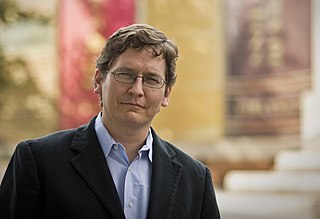A Quote by Matt Blaze
Computer science doesn't know how to build complex systems that work reliably. This has been a well-understood problem since the very beginning of programmable computers.
Related Quotes
As we build systems that are more and more complex, we make more and more subtle but very high-impact mistakes. As we use computers for more things and as we build more complex systems, this problem of unreliability and insecurity is actually getting worse, with no real sign of abating anytime soon.
I have been using the computer as a work aid since the mid-90's. It is extraordinarily well suited to how I think and work and has transformed my practice. Nearly everything I have done in the past 15 years would have been impossible without it. I use the computer for drawing, composing and colour planning everything, from postage stamps to paintings to architectural-scale installations.
People have been trying to do kind of natural language processing with computers for decades and there has only been sort of slow progress in that in general. It turned out the problem we had to solve is sort of the reverse of the problem people usually have to solve. People usually have to solve the problem of you're given you know thousands, millions of pages of text, go have the computer understand this.
At the age of 5, when I was in kindergarten, I often used to pass by the computer labs and see students doing work on computers. I realized that calculation, which would take us a long time to do, can be done in less than a second with the help of computers. So that is how my interest in computers began.






